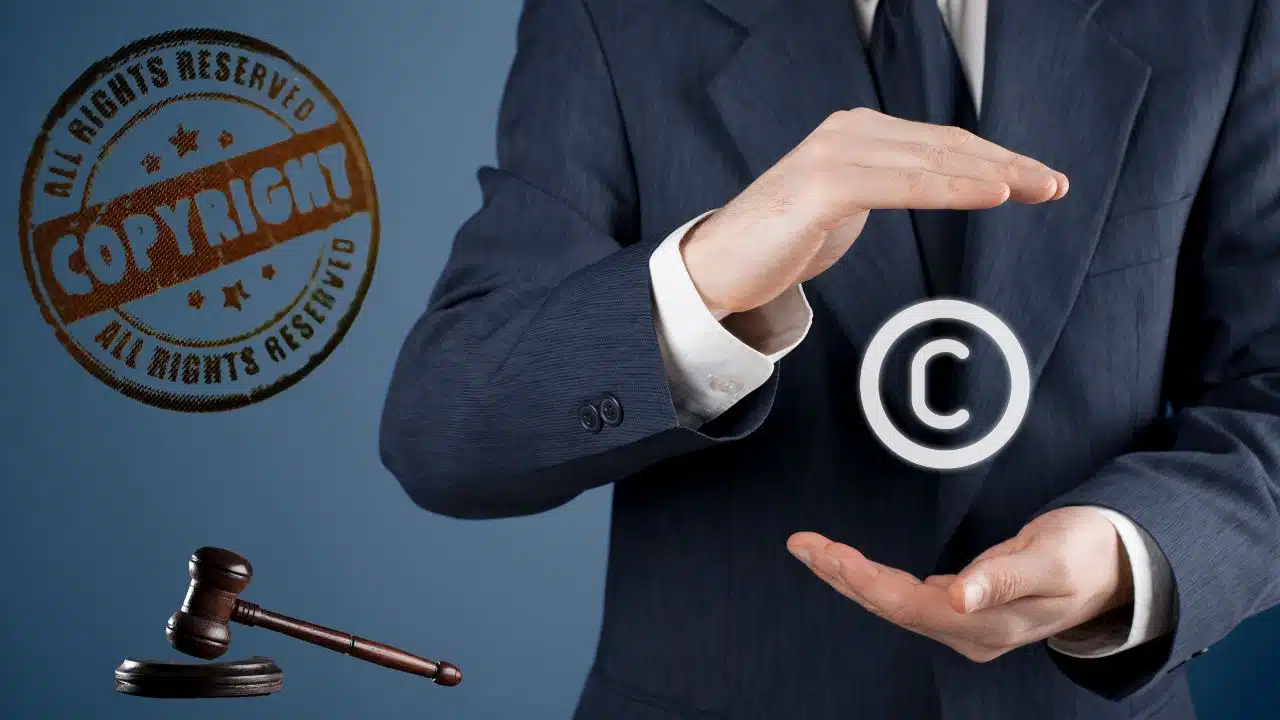As creative work continues to flow seamlessly across borders, the lines protecting intellectual property have grown blurrier than ever. While global connectivity offers unprecedented access to music, film, literature, and software, it also opens the floodgates for copyright breaches in places far away from where the work was originally created . This tangled web of international exposure puts a heavier burden on copyright lawyers, who must navigate a patchwork of laws and jurisdictions to defend their clients’ rights effectively.
Jurisdictional Challenges in Copyright Disputes
While copyright is broadly recognised through international agreements, each country still plays by its own rulebook. So, when someone uses your work without permission in another country, where do you start? The first hurdle is figuring out which laws actually apply. This is rarely a straightforward process.
Global frameworks like the Berne Convention set the stage by encouraging countries to honour each other’s copyright protections. Sounds promising but the fine print is where things get tricky. Legal definitions, remedies, and even what counts as infringement can differ wildly. A lawyer might win a case hands-down in one country, only to hit a dead end in another. The key is not just knowing the law but understanding how that law is interpreted on the ground.
Evidence Gathering and Enforcement Across Borders
Proving that someone crossed the line is one thing. Doing it under foreign legal standards? That is another story entirely. Evidence that might hold water in an Australian court could be tossed out in a European one if it doesn’t meet procedural thresholds.
Screenshots, metadata, and server logs all have to align with local evidentiary standards. That often means teaming up with lawyers on the ground to gather admissible proof, secure court orders, or initiate discovery proceedings. And then there is the aftermath. Even if you have proven your case, enforcement is a mixed bag.
Some jurisdictions offer strong remedies, like injunctions and meaningful damages, while others deliver more of a symbolic slap on the wrist. A savvy lawyer anticipates this and builds the case accordingly, often encouraging clients to register their work in high-risk markets before trouble starts.
Navigating Treaties, Trade Agreements, and Local Law
International agreements like TRIPS and the WIPO Copyright Treaty give legal teams some structure to work with. But treaties are only as effective as the national laws that implement them. And here is where local quirks and legal culture step in.
In some countries, judges might be hesitant to issue sweeping injunctions. In others, courts may not have much experience handling digital copyright cases at all. To bridge that gap, experienced lawyers rely on trusted local networks of legal allies who understand the lay of the land and can act fast when it counts.
Digital Platforms and the Role of Takedown Procedures
These days, a huge chunk of infringement happens online. It is the digital equivalent of whack-a-mole. You take down one illegal copy, and five more pop up elsewhere. Takedown notices have become one of the most common tools in the legal toolbox.
Thanks to the DMCA, U.S.-based platforms like YouTube and Facebook have fairly efficient removal processes. But beyond American borders, the rules shift. Some countries lack a formal takedown framework altogether, requiring court involvement to remove content.
That is where strategic thinking kicks in. Lawyers need to understand the policies of individual platforms, even those based in other countries, and craft their notices to hit the right pressure points. Speed matters here because delay can turn a simple infringement into a viral headache.
Final Thoughts
Waiting for a breach to happen before calling in the legal cavalry is a risky game. The smarter move is to prepare ahead. That might mean negotiating clear international licensing agreements, embedding digital watermarks into assets, or registering works with key intellectual property offices.
In industries where copyright breaches are all but guaranteed, think of film, gaming, publishing, lawyers often help shape release strategies to head off future litigation. It is less about fire-fighting and more about fire-proofing.





































